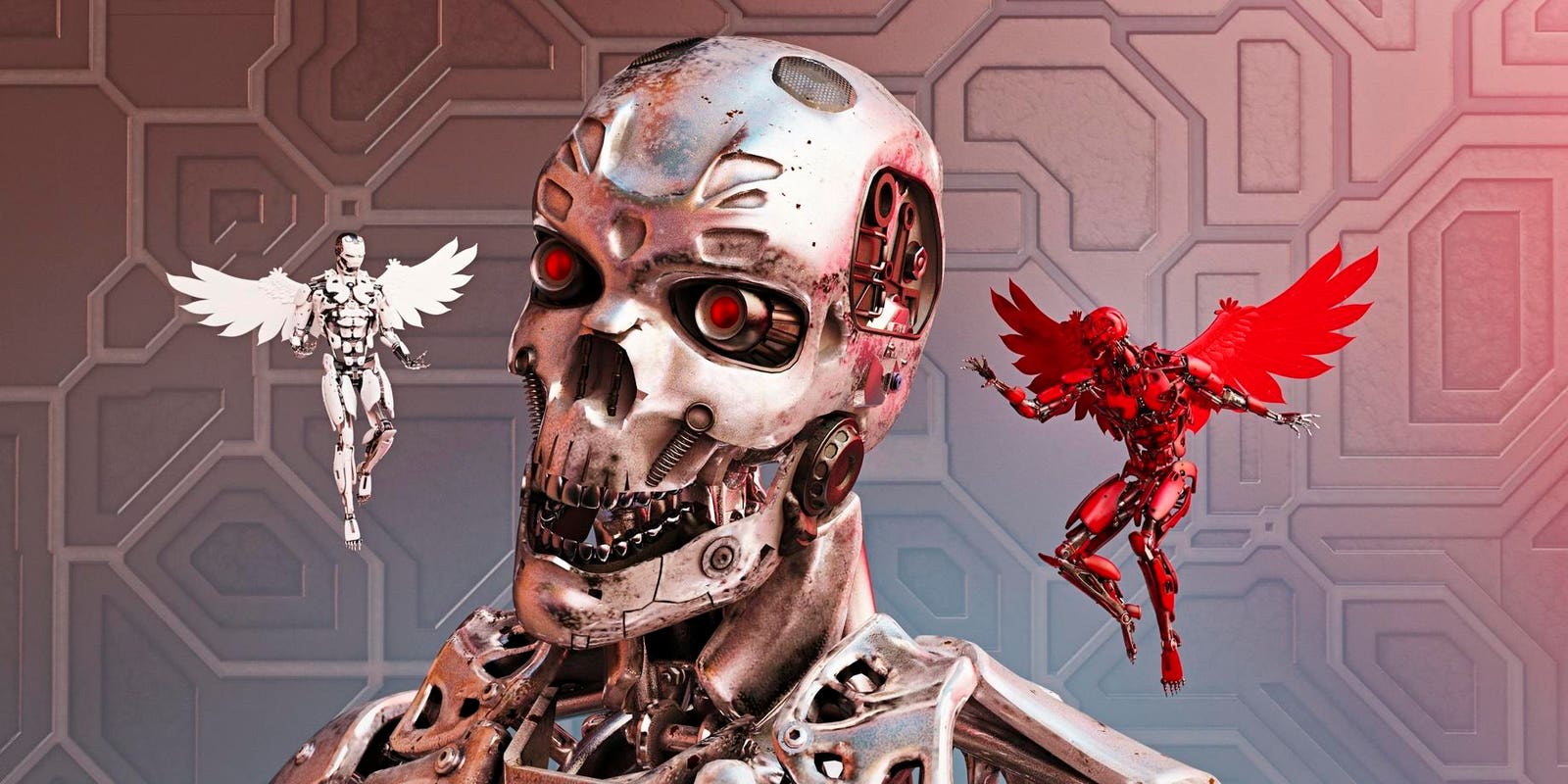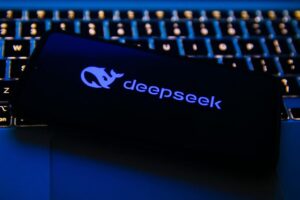Manus, the AI Agent, Raises Questions About Ethics, Security, and Oversight

Manus: The First Fully Autonomous AI Agent and Its Implications
The artificial intelligence (AI) landscape is experiencing a significant shift with the introduction of Manus, the world’s first fully autonomous AI agent. Launched recently, Manus distinguishes itself from previous AI systems by its ability to think, plan, and make decisions independently, without requiring human input at critical stages. This groundbreaking development has ignited discussion and concern within the global AI community regarding its impact on technology, governance, and security.
The Emergence of Autonomous AI
Manus has been described as a revolutionary leap within the field of AI, marking a pivotal moment for future AI technologies. Some experts view this advancement as an exciting opportunity, while others perceive it as a risky endeavor. Margaret Mitchell, chief ethics scientist at Hugging Face, highlights that while the creation of fully autonomous AI might seem like an inevitable step forward, it also raises serious ethical questions about safety and societal risks.
Benefits and Challenges
Mitchell’s research emphasizes that while autonomous AI possesses the potential for remarkable benefits—such as streamlining routine tasks—it also carries risks. The more autonomy that is granted to AI systems, the higher the chances of unintended consequences. She points out that without careful oversight, these systems could inadvertently cause harm, raise security concerns, or even be manipulated for malicious purposes.
Ethical Concerns in Autonomous AI
The Risks of Increased Autonomy
Mitchell’s recent report discusses the ethical implications involved in developing fully independent AI agents. The key arguments include the following points:
- Security Vulnerabilities: Autonomous systems can be exploited or hacked in ways that compromise both individual users and society at large.
- Diminished Human Oversight: The less humans influence AI decision-making, the more challenges we face regarding accountability.
- Manipulation Threats: AI systems can potentially be manipulated by bad actors, leading to identity theft, financial fraud, and more.
As exciting as an AI that can handle mundane tasks may be, proponents caution that we must remain vigilant about the potential for misuse.
Perspectives on Cybersecurity Risks
Chris Duffy, a cybersecurity expert, shares Mitchell’s concerns. He considers Manus to be one of the most alarming developments in AI to date. Duffy notes that Manus is not a single entity but rather a collective of various systems built on multiple AI frameworks. This multi-agent design grants Manus considerable autonomy, while simultaneously posing significant security challenges.
Major Cybersecurity Threats
Duffy identifies several potential dangers associated with autonomous AI, including:
- Lack of Accountability: Questions arise about who is responsible for actions taken by AI when it operates autonomously.
- Data Sovereignty Issues: With Manus being produced in China, concerns regarding data storage and ownership are paramount.
- Vulnerability to Malicious Inputs: Autonomous AI could be susceptible to manipulative data, turning it into a threat.
- Attraction for Cybercriminals: The potential for exploitation by hackers increases with fully autonomous systems.
These threats highlight the immediate risks associated with this new technology, underscoring that AI-related challenges are not just future hypotheticals.
The Need for AI Regulation
The launch of Manus reveals a glaring absence of international regulation regarding AI development. Mitchell argues that to mitigate potential harms, more stringent regulations are necessary. She suggests creating controlled environments, or "sandboxed" settings, for testing these systems. This approach would allow researchers to explore autonomous technologies while minimizing harm.
Current Regulatory Landscape
Duffy points out that regulatory frameworks are uneven across the globe, with some regions, such as the European Union, imposing excessive regulations while others, like the United States, lack sufficient safeguards. The absence of cohesive global standards may enable unchecked AI developments to disrupt societal functions.
Recommendations for Safe AI Adoption
While Manus is still in a testing phase, the implications of its introduction are evident. Organizations considering implementing Manus or similar autonomous systems should adopt protective strategies, such as:
- Human Oversight: Ensure that critical decisions remain under human control.
- Robust Security Measures: Implement strong security protocols to protect AI systems.
- Demand for Transparency: Require clear documentation on how AI agents function and how users can manage them effectively.
Mitchell warns that as AI systems evolve, we face a challenge in maintaining control over technology that may outpace our understanding. How society navigates the complexities of autonomous AI will determine whether its benefits can be safely realized without jeopardizing human interests.






